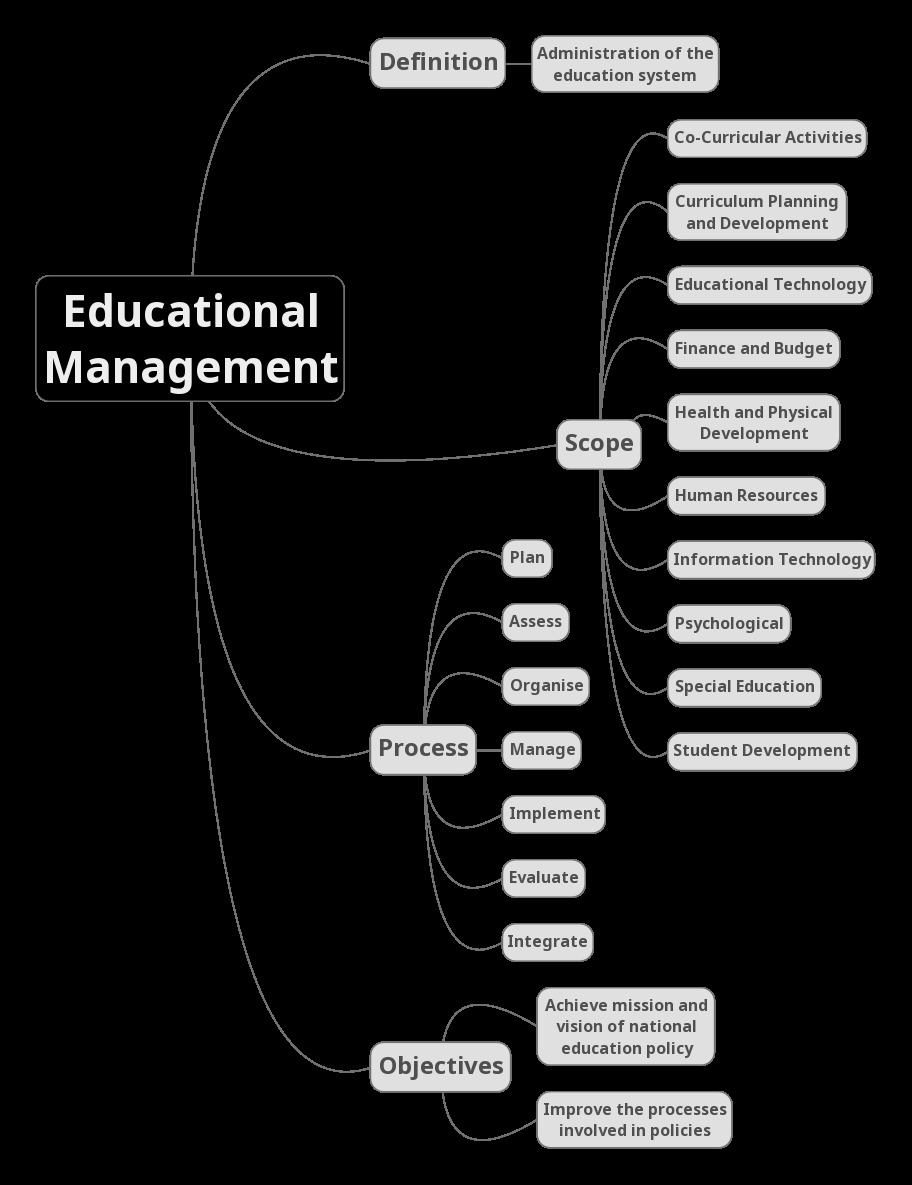|
Educational Technology
Educational technology (commonly abbreviated as edutech, or edtech) is the combined use of computer hardware, software, and educational theory and practice to facilitate learning and teaching. When referred to with its abbreviation, "EdTech", it often refers to the industry of companies that create educational technology. In ''EdTech Inc.: Selling, Automating and Globalizing Higher Education in the Digital Age'', Tanner Mirrlees and Shahid Alvi (2019) argue "EdTech is no exception to industry ownership and market rules" and "define the EdTech industries as all the privately owned companies currently involved in the financing, production and distribution of commercial hardware, software, cultural goods, services and platforms for the educational market with the goal of turning a profit. Many of these companies are US-based and rapidly expanding into educational markets across North America, and increasingly growing all over the world." In addition to the practical educational ... [...More Info...] [...Related Items...] OR: [Wikipedia] [Google] [Baidu] |
Education Sciences
Education sciences, also known as education studies or education theory, and traditionally called ''pedagogy'', seek to describe, understand, and prescribe education including education policy. Subfields include comparative education, educational research, instructional theory, curriculum theory and psychology of education, psychology, philosophy of education, philosophy, sociology of education, sociology, economics of education, economics, and history of education. Related are Learning theory (education), learning theory or cognitive science. History The earliest known attempts to understand education in Europe were by Ancient Greeks, classical Greek philosophers and sophists, but there is also evidence of contemporary (or even preceding) discussions among Arabic, Indian, and Chinese scholars. Philosophy of education Educational thought is not necessarily concerned with the construction of theories as much as the "reflective examination of educational issues and problems from ... [...More Info...] [...Related Items...] OR: [Wikipedia] [Google] [Baidu] |
Education Management Information Systems
Educational management refers to the administration of the education system in which a group combines human and material resources to supervise, plan, strategise, and implement structures to execute an education system. Education is the equipping of knowledge, skills, values, beliefs, habits, and attitudes with learning experiences. The education system is an ecosystem of professionals in educational institutions, such as government ministries, unions, statutory boards, agencies, and schools. The education system consists of political heads, principals, teaching staff, non-teaching staff, administrative personnel and other educational professionals working together to enrich and enhance. At all levels of the educational ecosystem, management is required; management involves the planning, organising, implementation, review, evaluation, and integration of an institution. Research in educational management should explore the dynamic interplay among educational leaders, their follower ... [...More Info...] [...Related Items...] OR: [Wikipedia] [Google] [Baidu] |
Networked Learning
Networked learning is a process of developing and maintaining connections with people and information, and communicating in such a way so as to support one another's learning. The central term in this definition is connections. It adopts a relational stance in which learning takes place both in relation to others and in relation to learning resources. In design and practice, networked learning is intended to facilitate evolving sets of connections between learners and their interpersonal communities, knowledge contexts, and digital technologies. Networked learning can offer educational institutions more functional efficiency, in that the curriculum can be more tightly managed centrally, or in the case of vocational learning, it can reduce costs to employers and tax payers. However, it is also argued that networked learning is too often considered within the presumption of institutionalised or educationalised learning, thereby omitting awareness of the benefits that networked learning ... [...More Info...] [...Related Items...] OR: [Wikipedia] [Google] [Baidu] |


